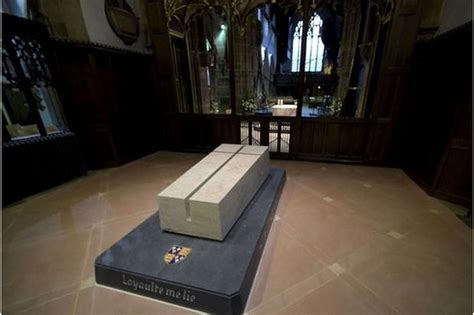Give a dog a bad name and hang him is an English proverb. Its meaning is
that if a person's reputation has been besmirched, then he will suffer
difficulty and hardship. A similar proverb is he that has an ill name is half
hanged.
The proverb dates back to the 18th century or before. In 1706, John
Stevens recorded it as "Give a Dog an ill name and his work is done".
In 1721, James Kelly had it as a Scottish proverb – "Give a Dog an ill
Name, and he'll soon be hanged. Spoken of those who raise an ill Name on a Man
on purpose to prevent his Advancement." In Virginia, it appeared as an old
saying in the Norfolk Herald in 1803 – "give a dog a bad name and hang
him"
The observation is due to negativity bias – that people are apt to think
poorly of others on weak evidence. This is then reinforced by confirmation bias
as people give more weight to evidence that supports a preconception than
evidence which contradicts it
(From Wikipedia, the free encyclopaedia)
On Friday last (21st June) Jane (wife) and I
made a trip to Bosworth as it was a nice day. This wasn’t our first visit and
in fact our first visit was some thirty-nine years ago when we happened to be
driving past. All those years ago there was very little apart from a sign declaring
Albion Hill to be the place where the Battle of Bosworth took place.
We now know better and although Richard’s troops may have camped on Albion Hill, the actual battle took place about a mile and half southwest. Similarly, King Richard 111 was the subsequent victim of Tudor propaganda that sought to besmirch his name. He was ‘given a bad name’, particularly by Shakespeare who was obviously seeking to curry favour with the current reigning Tudor Queen, Elizabeth 1.
Richard, the usurper, the murder of the princess in the Tower,
the manipulator, the mean deformed hunch back.
Is it true, well probably not the half of it.
I must resist the urge to speak at length of how Richard
was maligned and how due to recent evidence and research he now lies in Leicester
Cathedral with a royal coat of arms, recognised as a legitimate King of
England. (We visited the Richard 111 exhibition in Leicester a few weeks ago, so
we were keeping to a theme)
To finish off our day we watched the film, The Lost King. This is the story of Phillipa Langley whose
dogged determinism led to the finding of Richard’s remains. Written by
Steve Coogan and Jeff Pope, it is based on the 2013 book The King's Grave: The
Search for Richard III by Philippa Langley and Michael Jones and is a true and
yet quirky telling of the discovery of
the remains Richard 111. She fully approved of the film and in fact has
a cameo part. I could speak about the
film itself as there are many life lessons in the story.
However, I want to highlight one particular aspect, Phillipa’s
determination to find Richard and to restore and have him recognised as
a true and rightful King of England.
Last week as part of a training session with the Welcome Directory (www.welcomedirectory.org.uk) we had three people with us on the Zoom call who had spent time in prison. We heard of incredible stories of them finding faith whilst in prison and then engaging with a Christian Faith Community upon release. And it was a person who befriended them and walked alongside that helped the most.
Their ‘bad name’ started to change as they began to write a
very different narrative and follow a very different story.
There are plenty of people who still view Richard 111
through the lens of Shakespeare and perhaps Laurence Olivier’s performance. "Now is the winter of our discontnent."
Richard 111 laid buried under concrete in a car park. It
took the tenacity of one woman to remove that concrete and then begin to help
remove the negative biases against Richard 111.
What would it take for us to help remove the ‘concrete’ –
the ‘bad name’ that someone may have and to try and help them write a better
story?
I am reminded of one of my favourite Bible characters,
Banrbas the Apostle of whom we read…
After his conversion, Saul travels sometime later to
Jerusalem. Luke writes…
He (Saul) tried to join the disciples, but they
were all afraid of him, not believing that he really was a disciple. But
Barnabas took him and brought him to the apostles. He told them how Saul on his
journey had seen the Lord and that the Lord had spoken to him, and how in
Damascus he had preached fearlessly in the name of Jesus (Acts
9:26-27).
This is the Apostle Joseph or Joses, better known to us as here, as Barnabas, a nickname
meaning ‘son of encouragement’ – he is willing to listen to a different
narrative about Saul.
Phillippa Langley looked ‘outside’
the common received narrative about Richard. May it be that we also look ‘outside’ the
presenting narrative of those whom we encounter, especially if they have been given
a ‘bad name.’





No comments:
Post a Comment